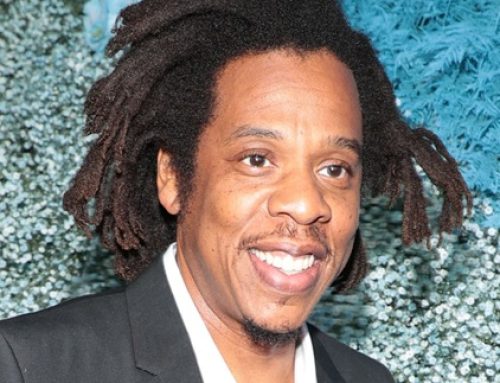Demetrius Smith, R. Kelly’s tour manager from 1984 to 1996, testified during the singer’s racketeering and sex trafficking trial in the Eastern District of New York courthouse in Brooklyn on Friday (Aug. 20) that he had reason to believe Kelly had impregnated the singer Aaliyah when she was still a minor.
While on tour, Smith says Kelly — born Robert Sylvester Kelly — “told me that Aaliyah was ‘in trouble.'”
“He said, ‘Don’t call Barry, it’s deeper than you think,'” Smith recalled, referring to Kelly’s manager and Aaliyah’s uncle, Barry Hankerson.
The conversation occurred before a concert in a city that Smith could not recall, but said he was instructed to book an overnight flight after the show. With bodyguard Tyree Jameson along, Smith said, “As soon as the show was over, we got in the car and went to the airport.”
Smith recalled that Kelly was quiet in the limo but explained the situation on the airplane. The touring manager took a long pause in his testimony before continuing, and R. Kelly closed his eyes as the courtroom waited for the rest. “‘Aaliyah, man,'” Smith recalled Kelly saying, “‘She think’s she’s pregnant.'”
“It was a shock,” Smith said.
Smith said Kelly told him that he needed to protect himself from jail, crying as he spoke, and that his business manager and accountant Daryl McDavid was already making arrangements for Kelly and Aaliyah to get married.
When they landed in Chicago the next morning, Smith said he, Kelly and Jameson went to Kelly’s apartment, where Smith told Kelly he thought he was getting bad advice. “I told Robert that he shouldn’t listen to Daryl,” said Smith, adding he also said he thought Aaliyah was “too young.”
Smith said, Kelly responded, asking, “‘Whose side are you on?'” They met with McDavid and Aaliyah at a hotel suite later that day, where Smith said out of fear of being pushed out of Kelly’s inner circle, he offered to obtain counterfeit identification cards for Aaliyah so she and Kelly could be married.
“I was always in objection to what Robert was being told to do,” said Smith.
Smith obtained two IDs for Aaliyah. The first was from the Illinois Department of Human Services, where he bribed a clerk with $500 cash. “I made her an offer and she took the money,” he said. The second was a fake work ID from a mail courier company he could not remember the name of. Neither of the ID cards had Aaliyah’s age on them. As well, neither of these IDs were generally accepted as proof of identification for a marriage license, testified Carolyn Harris, a clerk at the department, earlier in the day.
On Aug. 30, 1994, Kelly and Aaliyah went to the city hall, with Smith, in Maywood, Ill., a suburb of Chicago, to apply for a marriage license. Aaliyah was only 15 at the time; Kelly was 27.
When Assistant U.S. Attorney Maria Cruz Melendez asked how they were able to obtain the license with these types of ID cards, reminding Smith that he was “under oath,” Smith accused the prosecution of threatening him and announced he was “ready to go home now.”
“I’m truly uncomfortable with this, your honor,” he said, “continuously talking about Aaliyah and her parents aren’t here.”
Smith’s testimony continues Monday.
The testimony coincides with the streaming-service release of Aaliyah’s sophomore album, One in a Million, nearly 25 years after it initially came out. The album was first released Aug. 27, 1996, on Blackground — the label owned by Hankerson — and Atlantic Records. For years, Aaliyah’s music has been subject to a dispute between the label and her estate.
Kelly is being charged with racketeering and 14 underlying acts — including kidnapping, sex trafficking and forced labor — and eight counts of violating the federal Mann Act, which outlaws sex trafficking across state lines. If convicted on all counts, he will face 10 years to life in prison.






